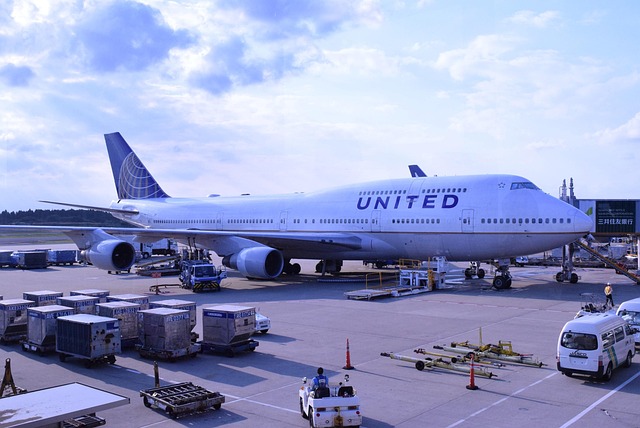Inside Airport Operations: Key Support Roles in Canadian Terminals
Airports across Canada rely on a wide range of staff to keep things running smoothly behind the scenes. While travelers may only see a small part of the action, there’s a dedicated team managing everything from baggage coordination to ground logistics. This article explores what airport support roles involve, which skills are useful, and what type of work environments are typically found in Canadian terminals. If you're curious about non-flying careers in aviation, this overview offers helpful insights without making assumptions about hiring or outcomes.

What Are the Main Ground Support Positions at Canadian Airports?
Ground support roles encompass various specialized positions critical to airport functionality. Baggage handlers coordinate luggage movement between terminals and aircraft, while ramp agents guide planes to their gates. Aircraft marshals direct planes using visual signals, and fuel technicians ensure proper aircraft refueling. Ground transportation coordinators manage shuttle services and vehicle logistics, while cargo handlers process freight shipments.
Which Customer Service Roles Keep Terminals Running Smoothly?
Terminal operations depend heavily on customer-facing professionals. Information desk staff assist travelers with directions and inquiries, while airline check-in agents process passengers and baggage. Terminal operations coordinators oversee daily activities, and retail concession workers manage shops and restaurants. Lost and found personnel help reunite passengers with misplaced items.
What Security and Safety Positions Are Essential?
Airport security encompasses multiple layers of protection. Security screening officers conduct passenger and baggage checks, while perimeter security teams monitor access points. Emergency response teams stand ready for medical or safety incidents, and airside safety officers ensure compliance with transport regulations. Environmental health and safety specialists oversee workplace conditions.
Which Technical Support Roles Keep Airport Systems Operating?
Technical operations require specialized expertise. Building systems technicians maintain HVAC and electrical systems, while IT specialists manage flight information displays and network infrastructure. Equipment maintenance technicians service baggage handling systems and boarding bridges. Communications specialists coordinate radio systems between ground crews and control towers.
What Skills and Qualities Lead to Success in Airport Roles?
Success in airport operations requires specific attributes. Strong attention to detail ensures safety protocols are followed precisely. Physical stamina helps handle demanding tasks in varying weather conditions. Excellent communication skills facilitate coordination between departments. The ability to remain calm under pressure is essential, as is flexibility for shift work. Most positions require security clearance and background checks.
What Are Typical Working Conditions and Compensation in Airport Jobs?
Airport environments offer unique working conditions across various roles:
| Position Type | Typical Environment | Average Salary Range (CAD) |
|---|---|---|
| Ground Crew | Outdoor/Indoor | $35,000 - $55,000 |
| Security Staff | Indoor | $40,000 - $65,000 |
| Technical Support | Indoor/Mixed | $50,000 - $80,000 |
| Operations Management | Indoor | $60,000 - $95,000 |
Prices, rates, or cost estimates mentioned in this article are based on the latest available information but may change over time. Independent research is advised before making financial decisions.
Working at Canadian airports involves shift work, including nights, weekends, and holidays. Indoor roles benefit from climate-controlled environments, while outdoor positions require working in various weather conditions. Most positions offer comprehensive benefits packages, including health insurance, paid time off, and travel privileges. Career advancement opportunities often exist through internal promotions and specialized training programs.






